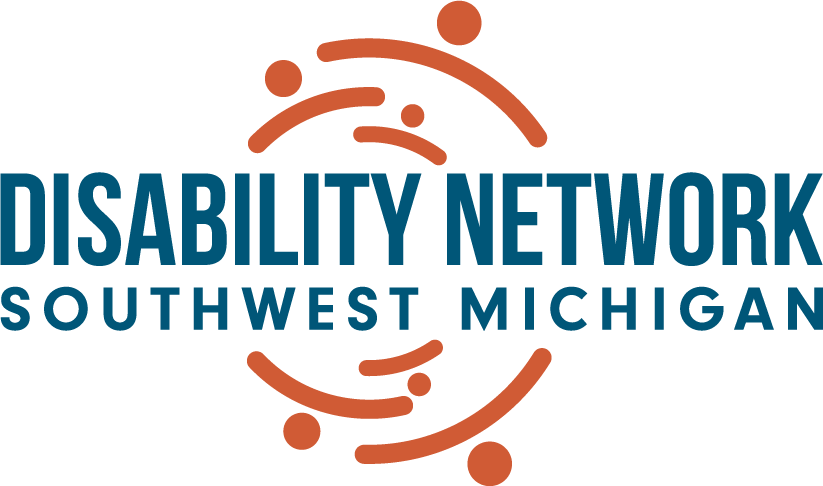This position statement is written on behalf of Disability Network Southwest Michigan that annually serves over 7,500 customers in our service area of Barry, Berrien, Branch, Calhoun, Cass, Kalamazoo, St. Joseph, and Van Buren counties. We are currently facing a health crisis that disproportionately affects people with disabilities; as a result, a concentrated effort should be given to practice non-discriminatory care and rationing of limited resources.
Given that there is a history of discrimination and stigma in regards to people with disabilities, there are valid concerns that their civil rights may be overlooked as difficult decisions are being made to confront shortages of resources and the overwhelming numbers of people being affected by the COVID-19 virus. As stated in a bulletin issued by the Office of Civil Rights (OCR) in the Department of Health and Human Services (HHS) on March 28, 2020, “…persons with disabilities should not be denied medical care on the basis of stereotypes, assessments of quality of life, or judgments about a person’s relative “worth” based on the presence or absence of disabilities.”
The OCR bulletin also stated that it works closely with its federal partners to help ensure that each “…effectively addresses the needs of at-risk populations. To this end and as resources allow, government officials, health care providers, and covered entities should not overlook their obligations under federal civil rights laws to help ensure all segments of the community are served by:
- Providing effective communication with individuals who are deaf, hard of hearing, blind, have low vision, or have speech disabilities through the use of qualified interpreters, picture boards, and other means;
- Providing meaningful access to programs and information to individuals with limited English proficiency through the use of qualified interpreters and through other means;
- Making emergency messaging available in plain language and in languages prevalent in the affected area(s) and in multiple formats, such as audio, large print, and captioning, and ensuring that websites providing emergency-related information are accessible;
- Addressing the needs of individuals with disabilities, including individuals with mobility impairments, individuals who use assistive devices, auxiliary aids, or durable medical equipment, individuals with impaired sensory, manual, and speaking skills, and individuals with immunosuppressed conditions including HIV/AIDS in emergency planning;”
“Finally, covered entities should consider adopting, as circumstances and resources allow, the following practices to help ensure all segments of the community are served:
- Making use of multiple outlets and resources for messaging to reach individuals with disabilities, individuals with limited English proficiency, and members of diverse faith communities; and
- Stocking facilities with items that will help people to maintain independence, such as hearing aid batteries, canes, and walkers.”
“Being mindful of all segments of the community and taking reasonable steps to provide an equal opportunity to benefit from emergency response efforts, including making reasonable accommodations will help ensure that the emergency response is successful and minimizes stigmatization.”
The current COVID-19 outbreak calls for immediate attention to prevent discriminatory actions in regards to medical healthcare for people with disabilities, for instance, physicians and hospitals choosing to provide medically scarce resources to non-disabled or healthier people over persons with disabilities based on a bias or lack of awareness of civil rights. These types of discriminatory decisions need to be prevented to ensure equal access and protection for all.
